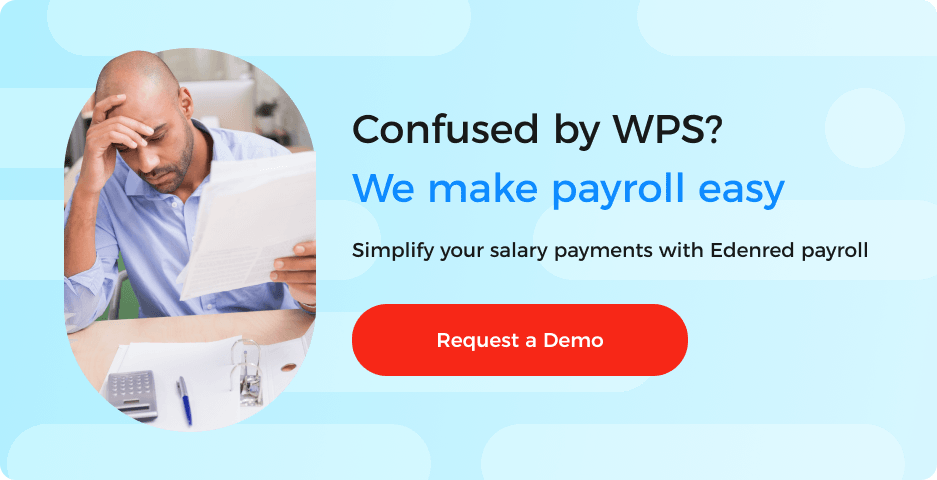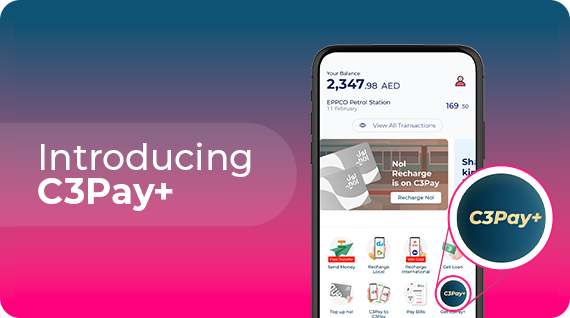Paying your employees on time is a crucial aspect of managing a business. Choosing the right payroll services can make this process much smoother. Salary processing in UAE is ever-evolving and this process of calculating and distributing salaries has the potential to affect an organisation’s cash flow, risk profile, as well as overall employee engagement.
In a nutshell, payroll involves arriving at the ‘net pay’ of the employees after adjusting the necessary taxes and deductions. There are several ways of processing payroll, and each one has its advantages and disadvantages. It would help to consider things like the size of your business, how often errors might occur with a certain method, how efficient and cost-effective this process might be, how convenient it is for you, and whether it meets the legal requirements and industry standards for paying wages.
How do you run payroll?
While the end goal of a good payroll system is to ensure that all employees receive their pay cheques on time and accurately, there are several ways to process payroll. You can calculate employee pay and track payroll data manually with spreadsheets or outsource it to a provider who will manage the calculations of employee payments and deductions for you.
New-age businesses also use cloud-based payroll, an online software that manages payroll data and processes employee pay. Some also use mobile payroll, which allows employees to access their payroll information and submit timecards or expenses from their mobile devices. This method can be convenient for businesses with remote workers or employees who travel frequently.
Factors that simplify salary processing
An optimal solution to run your payroll stress-free would be to invest in a reliable salary processing platform that will help your team process salaries effectively and accurately. It lets you remain in control of the entire process and significantly reduces the number of errors and payment delays.
Here are some benefits of using a third-party salary processing platform to make your payroll process better:
✅ Save on time and cost
A salary processing platform can save significant time, money, and effort compared to manual processing. It eliminates the need for manual data entry and reduces the risk of errors which would otherwise lead to fines, thereby saving on costs and making your record-keeping more efficient.
✅ Say goodbye to errors
Once all the employee information is collected, a salary processing platform can calculate salaries and deductions automatically based on pre-set rules and regulations. A platform like this can improve accuracy by reducing the likelihood of errors due to human errors and ensuring that employees are paid the correct amount on time, thereby improving employee satisfaction.
✅ Data security
Given that employers need to keep their employees’ personal and financial information safe and away from misused access, a reliable salary processing platform can help businesses protect the sensitive personal data of employees by storing it securely in the cloud or on a secure server. This can reduce the risk of data breaches and identity theft.
✅ Compliance
A comprehensive salary processing platform can help businesses comply with federal, state, and local labour laws and regulations. It can also help ensure that payroll records are accurate and up to date, reducing the risk of audit findings and penalties. For instance, if your business is in the UAE, a platform of this nature will help you to remain WPS-compliant. It will also send reminders to help your employees subscribe to the Unemployment Insurance scheme and avoid any potential penalties.
✅ Scalability
A well-designed salary processing platform should easily be able to scale in direct proportion to the growth of a business. It should accommodate an increasing number of employees, locations, and pay structures without the need for additional staff or resources while remaining compliant with the UAE’s regulations.
✅ Everything in one place
A comprehensive salary processing platform can not only be integrated with other systems in your company, such as managing resources, automated payslips, managing absence and leaves with an approval workflow, but will automatically calculate salaries and deductions, while also generating reports that provide an overview of payroll expenses. This helps employers to make informed decisions that comply with local regulations.
Picking the right partner
Thanks to advanced technology systems and software available in the market today, businesses can automate their payroll, streamline record-keeping, manage employee leaves, and so much more. Besides the ability to process salaries quickly and accurately, the price structure, scalability, and data protection measures are equally important factors.
Here are some bonus criteria that you would want to check with your payroll services provider, especially if you’re looking out for a new one:
✅ Is the company trustworthy?
✅ Do they have processes in place, if things go wrong?
✅ Their overall experience in the industry
✅ How user-friendly is their platform and ease of access
✅ Reasonable pricing structure
✅ Are they easy to reach if I have questions or doubts?
At Edenred, we believe in offering value beyond just payroll, starting with a zero-balance account (powered by our partner bank in the UAE) and a C3Pay Mastercard for your employees, with which they can carry out mobile recharges, bill payments, and international money transfers. With a proven record for WPS compliance in the UAE, we ensure that you and your employees can get support 24/7, whether it is on the phone, by email or to queries on WhatsApp in a language of your choice.






